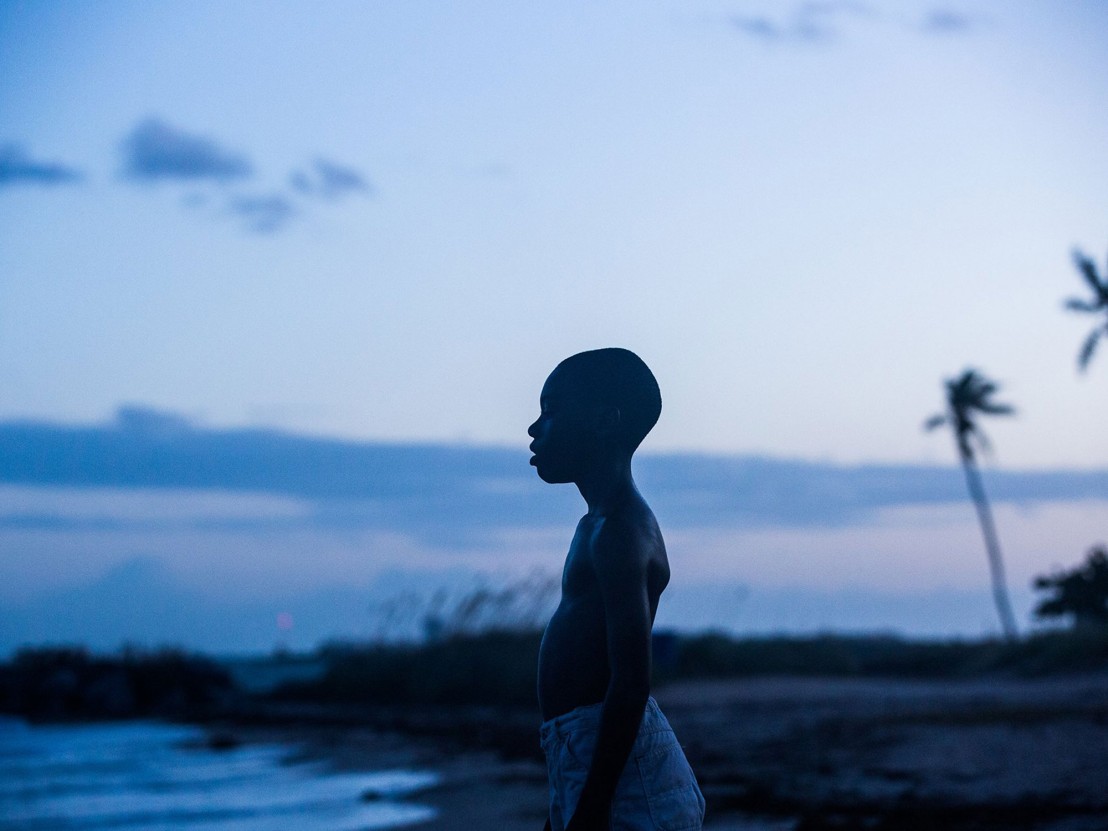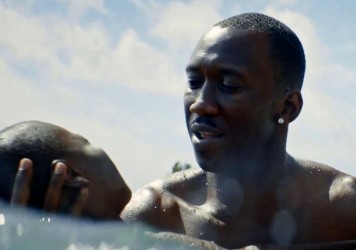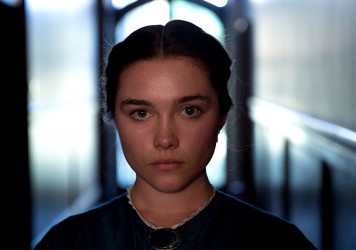
This remarkable return to filmmaking by director Barry Jenkins falls just a few steps short of genius.
A modest festival hit in 2008, Barry Jenkins’ first feature Medicine for Melancholy did not go on to receive much local distribution beyond the US. By contrast, long before its TIFF premiere, Jenkins’ second film Moonlight had already generated buzz after a superbly edited trailer debuted online to much acclaim and an all but presumed ‘new masterpiece’ status. Chronicling the coming-of-age story of a gay African American boy in 1990s Miami, the film is indeed unique and remarkable for its story alone. And it could not feel more timely, arriving as it does at a crucial cultural moment when the mainstream is only just starting to reckon with the queer African American experience.
But Jenkins aspires to something much greater than lazy box-ticking. He skilfully grants as much attention to the dazzlingly beautiful visual style as he does to the uniformly excellent performances. Form and performance work hand in hand to produce a relentless celebration of aesthetic beauty. Ranging from gliding camera movements and symmetrical shot constructions to slow motion and rich sound design, Jenkins deploys a wide range of techniques with refreshing confidence and enthusiasm. But the film is also in love with its actors, giving them space to take centre stage when needed. Mahershala Ali in particular is striking in the role of father figure Juan, a man who helps the young central character, Little (Alex R Hibbert), navigate his difficult childhood.
Living in poverty with his drug addict mother (a haunting Naomie Harris), Little is bullied by schoolmates, only finding kinship with a much more popular best friend. The film is not afraid to redeploy these narrative cliches that we have seen in a thousand coming-of-age stories. It is the brutal simplicity of their introduction that soon makes them appear as inescapable truths. The film thankfully takes them for granted and avoids patronising by apologising for how commonplace they are.
This socio-economic background is the canvas to a much less familiar story, that of a black boy progressively learning that he is gay. As Little’s queerness progressively unveils itself on screen, the beautiful images underline the latent beauty in his attraction for his lifelong best friend, an attraction that has always been there. We progressively recognise these rich, colourful images and intricate camera movements as belonging to a queer, subjective aesthetic akin to that of Xavier Dolan, but it’s realised here with more compassion and less anger than in the Canadian filmmaker’s work.
Unfortunately this intensely thought-out visual style can often feel distracting. Disconnected from the quiet, even blank personality of the main character – and from his deeply sweet story – the formal flare makes it difficult to make anything more than a superficial connection with the story. It’s less the characters we feel for, rather the director’s own intense compassion and empathy for them. This is not a problem in itself, but it makes for a peculiar viewing experience where the intense emotionality of the filmmaking prevents the development of a more secure bond with the characters. Jenkins’ authorial voice is resounding and strong and his determination admirable. Yet Moonlight leaves little to think about beyond what appears on the screen. His story is urgent and needs to be told, but the film seems to ask us to care and empathise with his characters on the basis of that urgency alone.
These minor misgivings can be thankfully discarded in a beautiful ending that is all the more moving for its unexpected tonal shift. We abruptly find ourselves watching a simple extended shot/reverse shot sequence that feels more trusting of the viewer, precisely because it is less overdetermined than the rest of the film. The sequence is, unlike any other, in deference to the dialogue rather than to the visual style – Jenkins respectfully steps back to let his characters dominate. As such the sequence is unpredictable and griping like no other in the film.
And yet, the simplicity of the editing and the warmth of the situation depicted bring a sense of peace and affection so strong that it overwhelms fear. In an unusual move for such a precisely calculated film, Moonlight ends on a note of ambiguity. But both for Little and for ourselves, the future suddenly doesn’t seem so scary anymore.
Published 15 Sep 2016

By Elena Lazic
Despite Joseph Gordon-Levitt’s best efforts, Oliver Stone’s whistleblower drama feels completely disconnected from reality.

Barry Jenkins’ new film is set to premiere at this year’s Toronto International Film Festival.

By Elena Lazic
Florence Pugh shines in this smart period drama from director William Oldroyd and screenwriter Alice Birch.